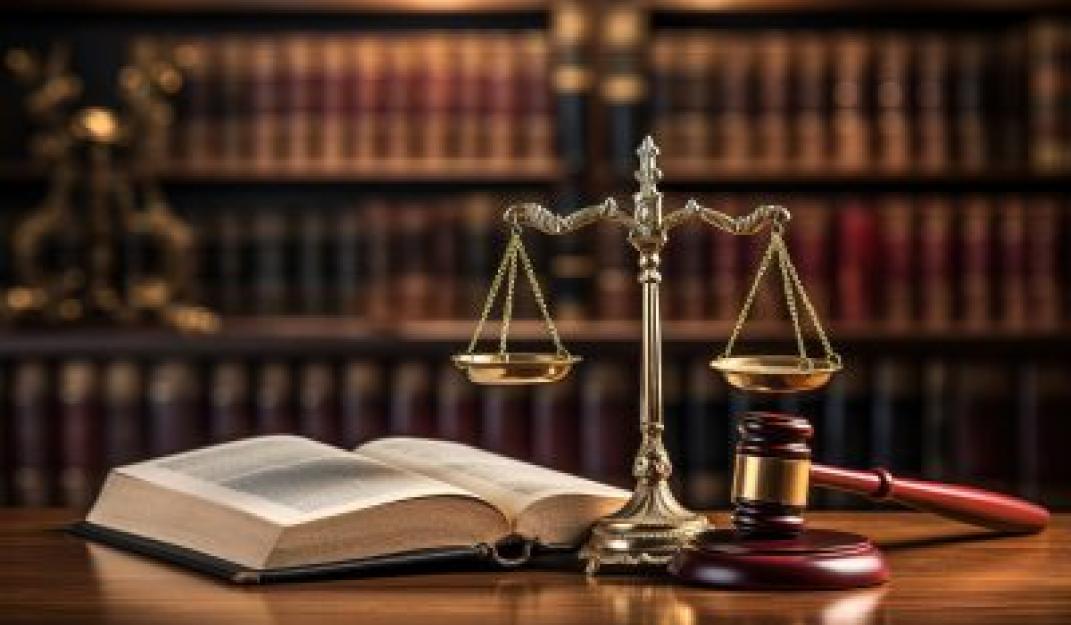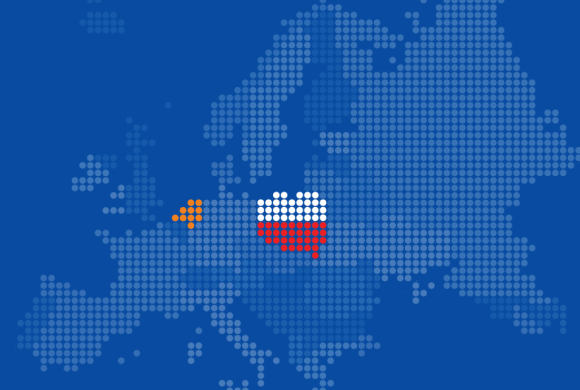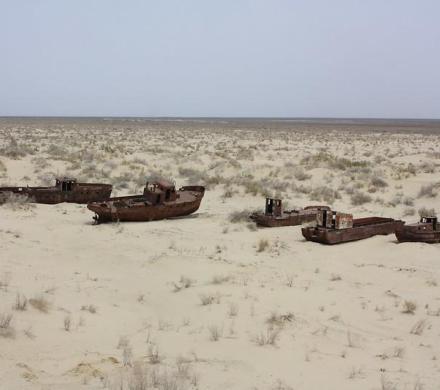How Will Trump’s Second Administration Impact the International Criminal Court and Russia-Ukraine Trials?

In a move that has shocked the international legal community, President Donald Trump’s second administration has again imposed sanctions against the International Criminal Court (ICC) (The White House, 2025). By imposing sanctions on key ICC officials, including Prosecutor Karim Khan (The White House, 2025), Trump has not only challenged the Court’s authority but also possibly jeopardized ongoing investigations into grave international crimes, notably those arising from the Russia-Ukraine conflict (Edwards, 2025; Liboreiro, 2025; The Office of the High Commissioner for Human Rights [OHCHR], 2025).
Amid the ongoing Russia-Ukraine conflict, the The International Criminal Court (ICC) has been pivotal in addressing alleged international crimes by Russian officials by issuing arrest warrants (International Criminal Court [ICC], 2002). However, now that President Donald Trump’s second administration has taken a stark stance against the ICC, how will this affect Russia-Ukraine trials?
This article aims to assess the consequences of Trump’s renewed sanctions against the ICC, particularly regarding its ability to prosecute Russian officials for alleged international crimes in Ukraine. By examining the historical tensions between the U.S. and the ICC, the broader international reactions, and the legal and political challenges these sanctions bring about, this article will explore whether the Court can maintain its authority or face a significant loss of influence.

The Hague Research Institute
The Hague Research Institute is an independent non-profit think-tank. Our goal is to provide both local and international audiences with clear policy analysis, opinion articles, and research about Europe’s connections with the South Caucasus and Central Asia.




